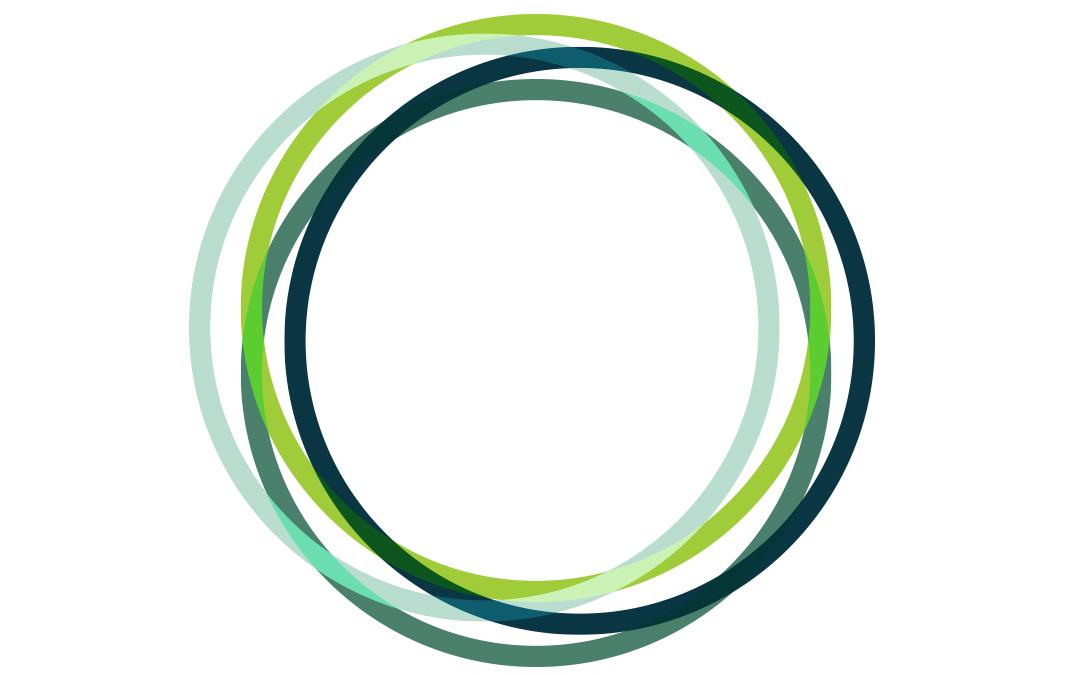I am often asked by people who learn about my leadership coaching, “So, what do you recommend I do to work in these Volatile, Uncertain, Complex, and Ambiguous situations?” First, I tell them that there is no “silver bullet” and it’s not a quick fix. Thriving in VUCA is more about learning to manage yourself and see the systems in which you operate than it is about solving problems. That being said, if I were to recommend three things you can do to begin managing VUCA, they would be:
-
- Have a regular mindfulness practice. First of all, doing a mindfulness practice is not just about sitting on a pillow and breathing. It’s not just about being calmer. Yes, these are important and wonderful side benefits, but as a high-performance coach I know this is not enough to convince leaders to take time out of their busy schedules. So, I focus more on the neuroscience of mindfulness and the benefits you get from practicing regularly. Think of mindfulness as “bicep curls for your brain.” You see, our brains are plastic and change based on how we use them. When practicing mindfulness, we choose an object of focus (the breath, a visualization, etc.). Every time we lose focus on this object, realize it, and bring the attention back to the object, we are re-wiring the attention-centers in our brain. Why does this matter? Well, as we move from the mindfulness practice into our day at work, the new neural connections we made during the practice help us to stay more present, more aware in meetings, interactions, etc. Research suggests that the majority of people spend 50% of their time lost in thought. This same research shows that those with a regular mindfulness practice spend less time lost in thought and are instead present to what is happening in the present. When working in VUCA, the leader who remains present is able to see more and is able to more effectively lead others. And the side benefits aren’t bad…who doesn’t want to feel calmer, sleep better, and generally be happier in their lives?! If you want to start a mindfulness practice, I recommend either Headspace or Calm as a starting point.
- Have one hour a day committed to learning/personal growth. I’m not quite sure when it was decided that learning should be separated from work, but this is a completely backward concept in my opinion. I observe that people are burnt out in meetings, writing emails, and doing busy work. Their calendar is reflective of other people’s agendas and I see very little evidence that they are taking time at work for themselves. I challenge you to go into your calendar and set aside one hour every day for the next month that is dedicated to learning/personal growth. This time should be used to read, do your mindfulness practice, journal, or listen to a podcast. It’s not to be used as “busy work” time. Decide what learning you wish to pursue and use this time to do the work. If you don’t schedule the time, you won’t do it. One more thing…make sure this hour is during work hours, not before work or after. We have to break this cycle of separating learning from work!
- Go for a walk every day. Thomas Jefferson was famous for what he called “purposeless walks.” He would stroll the countryside with no aim, sometimes for 3-4 hours. These walks, he said, produced some of his best ideas and cleared his mind. Today, we know that our brains are overloaded. We are in back-to-back meetings, conversations, email sessions, etc. and we take little time to recover. When we take the time to recover (similar to recoveries between intervals of exercise) we flood the brain with oxygen, replenishing it for the next set of meetings, etc. We also exercise the more creative parts of our mind which results in great ideas and thoughts we would likely miss if the day just flew by in the office. If you can’t get outside by yourself, schedule a “walking meeting” with a colleague. These can produce very different results from a meeting in a conference room or at your desk.
Challenge yourself to implement one of the above recommendations so you can begin to manage the VUCA conditions in your life.

